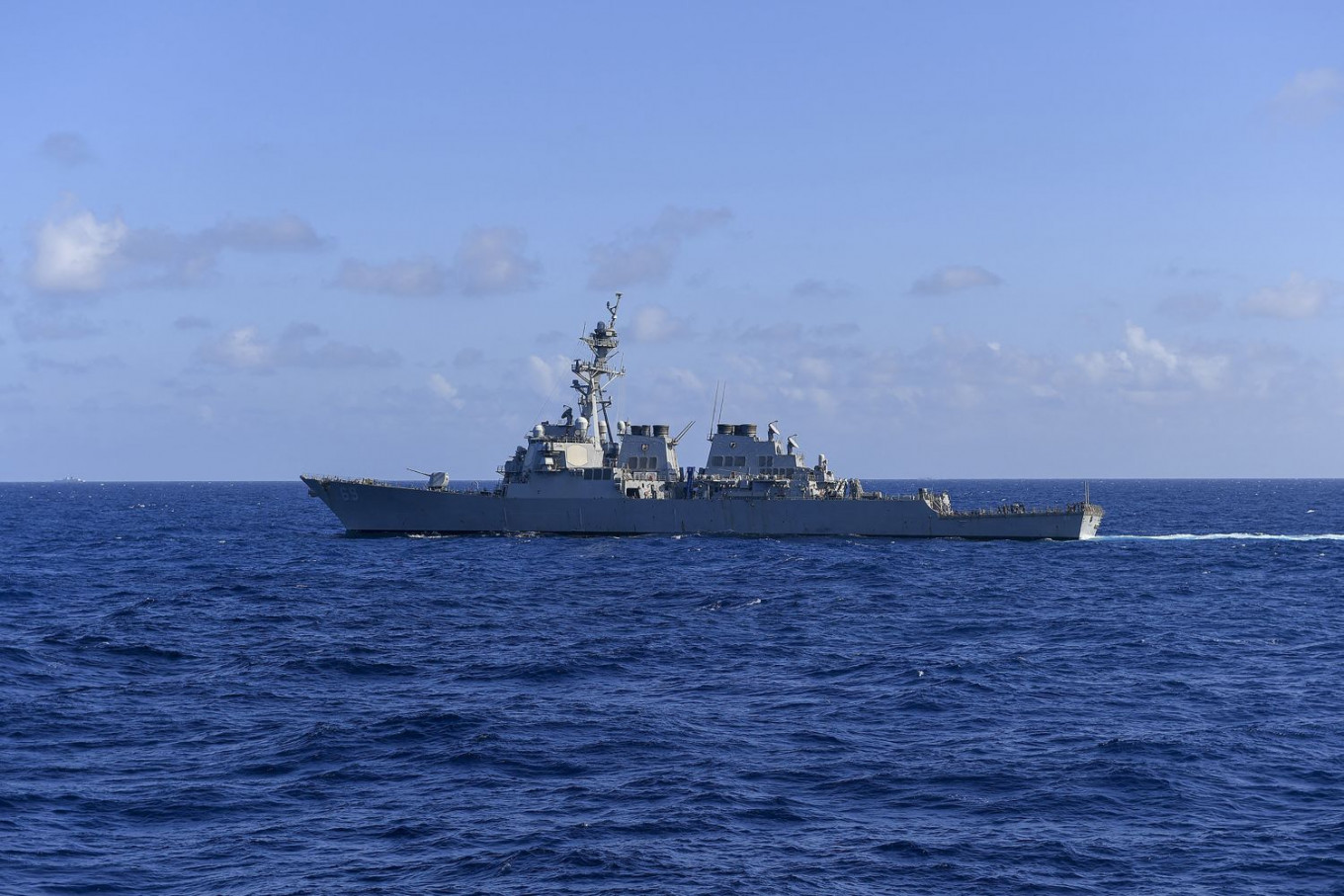Popular Reads
Top Results
Can't find what you're looking for?
View all search resultsPopular Reads
Top Results
Can't find what you're looking for?
View all search resultsPower, politics and peacemakers: ASEAN’s lesson
Geopolitical rivalry now threatens this ideal. Great powers are busy containing each other and forcing the rest of the world to pick sides.
Change text size
Gift Premium Articles
to Anyone
If there is one word that best describes the current state of our world, it would be uncertainty.
Last month, the World Health Organization (WHO) finally declared an end to COVID-19 as a public health emergency of international concern. But the lingering impacts of the pandemic continue to cast a cloud of uncertainty on the global recovery.
The World Bank just warned that two-thirds of developing economies would see lower growth this year compared with 2022. One-third would not even beat their 2019 per capita income levels.
The situation has been equally uncertain on the geopolitical front. The war in Ukraine brought to light a deep trust deficit between countries. Rivalry between great powers intensifies, dividing our world into opposing blocs.
Consequently, international cooperation is failing to address urgent global challenges. Developed and developing countries spend more time trading blame and shifting responsibilities, rather than coordinating their actions.
Multilateral institutions are paralyzed, and turning into sites of political battles between great powers and their allies.
At the same time, international law and a rule-based order have gradually lost their meaning, as countries have become more willing to abandon them in pursuit of narrow self-interest.
If these trends persist, clearly, they would have an impact on us in Southeast Asia and the broader Indo-Pacific region.
Southeast Asia is a relatively peaceful and stable region now. A big part of the reason for this achievement is the existence of ASEAN.
The stability has allowed the region to enjoy a robust economic growth, at a rate higher than a global average. The International Monetary Fund expects Southeast Asia to be the world’s fastest growing region.
Indonesia’s ASEAN chairmanship this year seeks to capitalize on this opportunity, and make a strong push to turn the broader Indo-Pacific region into a global epicenter of growth.
However, failure to deal with uncertainties at the regional and global levels may prevent these expectations from materializing.
The Indo-Pacific also has many fault lines that may escalate into an open conflict at any time, including fractured relations among countries, territorial disputes, overlapping maritime claims and the threat of nuclear weapons.
The good news is we have been here before. About 56 years ago, Southeast Asia was hardly a zone of peace. It was a powder keg trapped in the midst of the Cold War. Countries in the region viewed each other with a great deal of suspicion and animosity.
So, what was it that ASEAN did right over the past five decades that changed the course of the region?
First, promoting a habit of dialogue. In ASEAN, we believe in the primacy of dialogue to build trust and to manage potential conflicts.
A habit of dialogue is not only about talking to each other. It also includes showing readiness to listen, to consider others’ views, and to engage each other in good faith as an equal to find a common ground.
Indeed, ASEAN has countless success stories in utilizing dialogue to promote peace and stability in the region.
ASEAN seeks to mainstream this habit in other countries through ASEAN-led processes. Our convening power is unmatched.
Consider this: A group of Southeast Asian countries has the power to bring the world’s major powers into institutionalized diplomacy in the region. This is quite impressive without a doubt.
Second, developing an inclusive regional architecture; inclusivity has been an integral part of ASEAN’s DNA.
We open our doors for cooperation with all countries. We want to be friends with everyone. The dialogue mechanism testifies to this thinking.
ASEAN also works hard to mainstream this spirit of inclusivity through the ASEAN Outlook on the Indo-Pacific (AOIP).
Geopolitical rivalry now threatens this ideal. Great powers are busy containing each other and forcing the rest of the world to pick sides.
But ASEAN countries reject any attempts to sow division in the region. We have no appetite to take part to recreate a new Cold War.
In ASEAN, we believe no country should ever feel alienated or excluded. Such a feeling would breed insecurity, and insecurity is just one simple miscalculation away from a conflict.
All countries must be embraced to contribute toward a peaceful, stable and prosperous Indo-Pacific.
Third, respecting the rules of the game in the region. People say rules create order, but only if everyone follows them.
In the Indo-Pacific, the rules are clear. We have the Zone of Peace, Freedom and Neutrality (ZOPFAN) Declaration, the Treaty of Amity and Cooperation (TAC), the Bali Principles and the AOIP.
It is only natural for ASEAN to expect all countries to respect these rules in their engagement with the region. The same goes with international law and the United Nations Charter. We want countries to apply them consistently, and not selectively, or only when they see fit.
ASEAN will spare no effort to continue adopting these principles, to use its power and politics, and to maintain peace and stability in the region. These three principles of ASEAN are very relevant to apply in today’s uncertain world.
***
The author is the Indonesian foreign minister. The essence of this article was conveyed at the Oslo Forum in Oslo on June 13.










